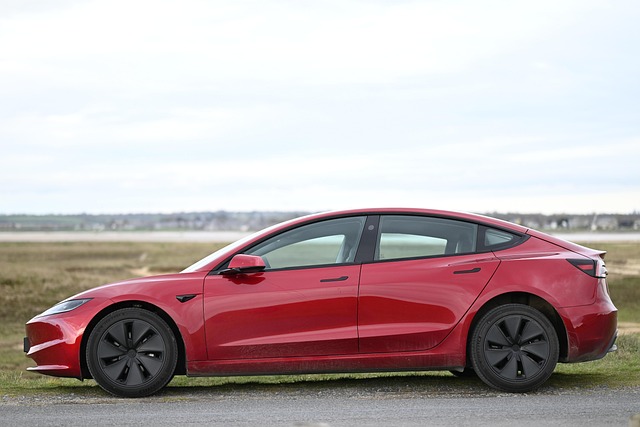The Future of Technology Innovations Shaping Our World

Introduction
Technology has always played a pivotal role in shaping our world, from the invention of the wheel to the widespread use of smartphones. As we move further into the digital age, new innovations are constantly emerging, revolutionizing the way we live, work, and communicate. In this article, we will explore some of the most exciting advancements in technology that are set to transform our future.

Artificial Intelligence
Artificial Intelligence (AI) is one of the most rapidly evolving technologies of our time. Machines are becoming increasingly intelligent, capable of learning from data, recognizing patterns, and making decisions without human intervention. From self-driving cars to personalized recommendations on streaming services, AI is already a part of our daily lives. In the future, we can expect AI to revolutionize industries such as healthcare, finance, and transportation, improving efficiency, productivity, and decision-making.

Virtual Reality and Augmented Reality
Virtual Reality (VR) and Augmented Reality (AR) are immersive technologies that are changing the way we experience the world. VR creates a completely digital environment, allowing users to immerse themselves in a virtual world, while AR overlays digital information on the real world. These technologies are being used in a variety of fields, from gaming and entertainment to education and training. In the future, we can expect VR and AR to become even more integrated into our daily lives, enhancing the way we learn, work, and play.

Internet of Things
The Internet of Things (IoT) is a network of interconnected devices that can communicate with each other and exchange data. From smart homes to smart cities, IoT is revolutionizing the way we interact with our environment. In the future, we can expect IoT to continue to grow, connecting more devices and creating new opportunities for automation and efficiency. However, with this connectivity comes concerns about privacy and security, as hackers could potentially gain access to sensitive information.

Blockchain
Blockchain is a decentralized and secure system for recording transactions and information. Originally developed for cryptocurrency, such as Bitcoin, blockchain technology is now being used in a variety of industries, including finance, supply chain management, and healthcare. In the future, we can expect blockchain to disrupt traditional business models, providing transparency, security, and efficiency in transactions.

Quantum Computing
Quantum computing is a revolutionary technology that uses quantum mechanics to perform computations at a much faster rate than traditional computers. While still in the early stages of development, quantum computing has the potential to solve complex problems that are currently beyond the capabilities of classical computers. In the future, we can expect quantum computing to revolutionize industries such as pharmaceuticals, materials science, and cryptography, opening up new possibilities for scientific discovery and innovation.

Conclusion
As technology continues to evolve at a rapid pace, the future holds endless possibilities for innovation and progress. From AI and VR to blockchain and quantum computing, new technologies are transforming the way we live, work, and communicate. While these advancements bring numerous benefits, they also raise important ethical and societal questions that must be addressed. By embracing new technologies responsibly and ethically, we can create a future that is both technologically advanced and socially inclusive.

